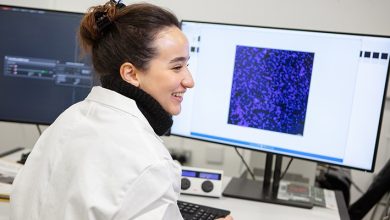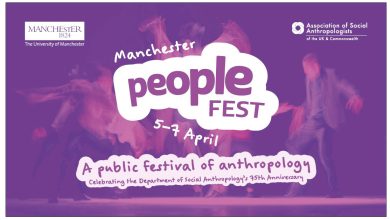Biggest research into genetic susceptibility to type 2 diabetes released

An international research study involving over 2.5 million individuals has pinpointed specific areas of the genetic code linked to the likelihood of developing type 2 diabetes in various population groups worldwide.
The study, published in Nature and co-led by Professor Andrew Morris from The University of Manchester, involved a collaboration of over 350 researchers from 130 different studies, making it the largest genome-wide association study on type 2 diabetes to date.
By analysing the complete DNA sets of 2.5 million people, the researchers were able to identify genetic variations associated with the onset and progression of type 2 diabetes. This condition occurs when the body cannot produce enough insulin, leading to high blood sugar levels that can result in serious health complications affecting the eyes, kidneys, and nerves, as well as increasing the risk of heart disease and stroke.
In addition to lifestyle factors like weight and exercise, genetics also play a role in the development of type 2 diabetes, with certain genetic variations increasing the risk of the disease and its complications. The study identified over 600 genetic locations linked to type 2 diabetes, including 145 previously unknown ones.
The research included individuals from six different ancestry groups, including African American, East Asian, European, Hispanic, South African, and South Asian populations, ensuring the relevance of the findings to diverse communities where type 2 diabetes is a significant health concern.
For the first time, the research team was able to create genetic risk scores across multiple ancestry groups for developing severe type 2 diabetes complications such as coronary artery disease and diabetic kidney disease.
Professor Andrew Morris highlighted the importance of this research in enhancing our understanding of the genetic factors contributing to type 2 diabetes and its complications across diverse populations. This knowledge could potentially enable early prediction and intervention to delay or prevent these debilitating health conditions.




